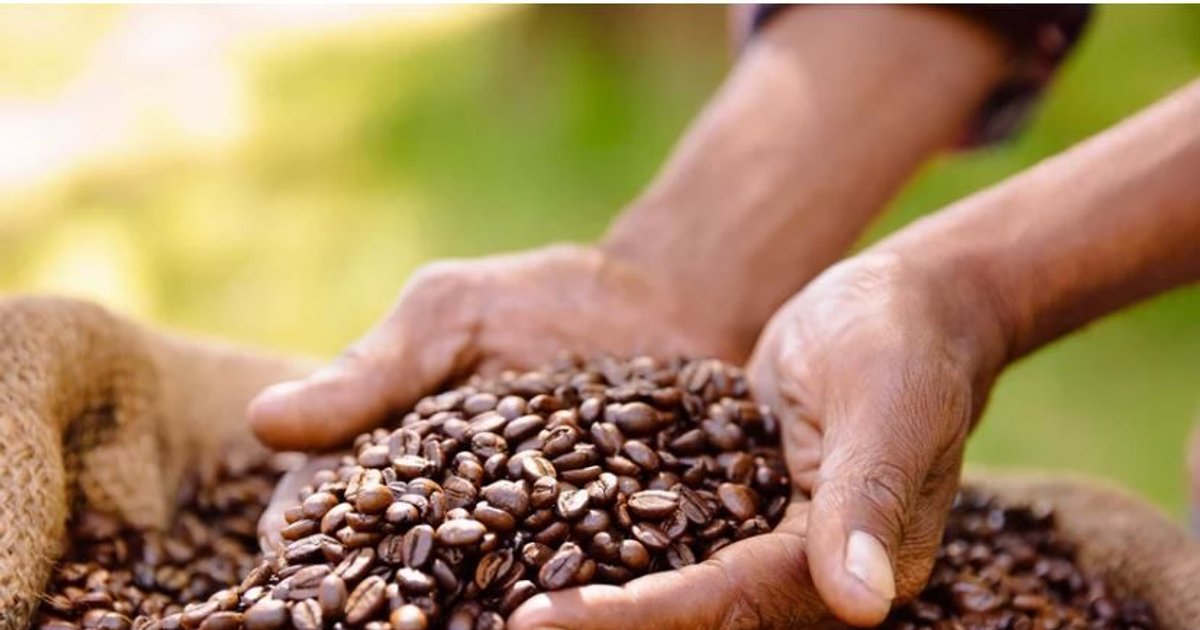

In addition to its role in beer brewing and product development in the food industry, artificial intelligence (AI) is now being used by Nestlé to address the challenges of climate change in coffee cultivation. With the threat of climate change affecting coffee farming, Nestlé is leveraging advanced data science and AI to select and breed climate-resilient coffee plants. The company is collaborating with the French National Institute for Sustainable Development and other international partners to develop a database and a high-quality arabica reference genome. By using advanced data science methods, Nestlé aims to identify specific traits in coffee plants, such as better yield, resistance to disease or drought, and flavor or aroma characteristics. This initiative is part of Nestlé's efforts to ensure a sustainable future for coffee cultivation [8c511ec8].
The integration of AI and data science in coffee farming is crucial for addressing the challenges posed by climate change. By using AI, Nestlé can analyze large datasets and identify the genetic traits that make coffee plants more resilient to climate change. This knowledge can then be used to breed coffee plants that are better equipped to withstand the changing climate conditions. By developing a database and a reference genome, Nestlé can accelerate the process of selecting and breeding climate-resilient coffee plants, ensuring the long-term sustainability of coffee cultivation.
Nestlé's collaboration with the French National Institute for Sustainable Development and other international partners highlights the importance of collective efforts in addressing the challenges of climate change in agriculture. By working together, companies and research institutions can leverage their expertise and resources to develop innovative solutions. The use of AI and data science in coffee farming is just one example of how technology can contribute to sustainable agriculture practices.
The development of climate-resilient coffee plants is crucial for the coffee industry, as climate change poses significant risks to coffee cultivation. Rising temperatures, changing rainfall patterns, and increased prevalence of pests and diseases are all threats to coffee production. By using AI and data science, Nestlé aims to mitigate these risks and ensure the long-term viability of coffee farming. The selection and breeding of climate-resilient coffee plants can help farmers adapt to the changing climate conditions and maintain their livelihoods.
The integration of AI and data science in coffee farming is a promising development that has the potential to revolutionize the industry. By leveraging advanced technologies, companies like Nestlé can develop innovative solutions to address the challenges of climate change and ensure the sustainability of coffee cultivation. This initiative not only benefits Nestlé but also the entire coffee industry and the farmers who depend on coffee farming for their livelihoods [8c511ec8].
Meanwhile, in Finland, a roaster called Kaffa Roastery has used artificial intelligence (AI) to create a coffee blend. The AI consultancy, Elev, helped Kaffa leverage AI models to craft a blend that would suit coffee enthusiasts' tastes. The algorithm chose four coffees: a Brazil, Colombia, Ethiopia, and Guatemala. The AI also created the coffee bag label and tasting notes. The purpose was to show how new technologies could aid in coffee roasting. However, some believe that using AI in this way undermines the craft of coffee making and the uniqueness of different roasting companies' interpretations of the same coffee [f0183f4f].